
The risk of progression was reduced with the use of durvalumab/CRT for advanced cervical cancer, according to an exploratory ctDNA analysis.

Your AI-Trained Oncology Knowledge Connection!


The risk of progression was reduced with the use of durvalumab/CRT for advanced cervical cancer, according to an exploratory ctDNA analysis.
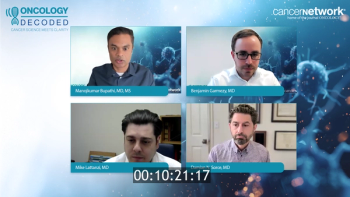
Manojkumar Bupathi, MD, MS; Benjamin Garmezy, MD; Mike Lattanzi, MD, and x Damian N. Sorce, MD discuss how the practical applications of PSMA PET imaging, risk stratification, and evolving treatment strategies for advanced prostate cancer.

Data from DeLLphi-304 support tarlatamab as a preferable second-line therapy for patients with small cell lung cancer.

The combination of olaparib and radium-223 improved rPFS in castration-resistant prostate cancer without prior docetaxel treatment or with fewer than 20 bone metastases.
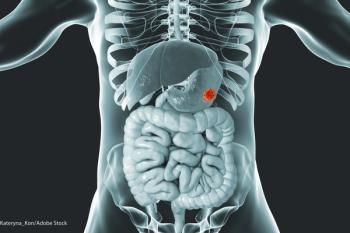
Fruquintinib plus chemotherapy and a PD-1 inhibitor elicited an ORR of 80.0% with all partial responses in patients with treatment-naïve gastric/GEJ cancer.

A machine learning-based approach found that evaluating multiple biomarker features may identify outcomes and treatment resistance in renal cell carcinoma.

The DREAM program led by Ankit Bharat, MD, MBBS, FACS, allowed Cornelia Tischmacher to receive a double lung transplant for her stage IV lung cancer.

Results from the EPCORE NHL-1 trial shared at the 2025 ASCO Annual Meeting found positive responses in patients with relapsed/refractory large B-cell lymphoma.

Investigators of the OVATION-2 trial assessed IMNN-001, a novel IL-2 gene therapy, in patients with newly diagnosed epithelial ovarian cancer.

RET rechallenge following disease progression demonstrated greater efficacy with select combination therapies targeting bypass resistance vs single agents.

The median OS was 18.5 months in those who received 6 or more cycles of induction chemotherapy vs 13.1 months in those who did not.

For patients with unresectable vulvar cancer, an improved ORR was observed with pembrolizumab plus cisplatin and RT followed by maintenance pembrolizumab.

In patients with advanced Hodgkin lymphoma, BrECADD was noninferior to eBEACOPP chemotherapy and demonstrated improved progression-free survival.

Results from part 1 dose level G of the MagnetisMM-6 trial found elranatamab, daratumumab, and lenalidomide to be safe and manageable in NDMM.

The KOMET-001 trial meets its primary end point of CR/CRh rate among patients with NPM1-mutated acute myeloid leukemia.
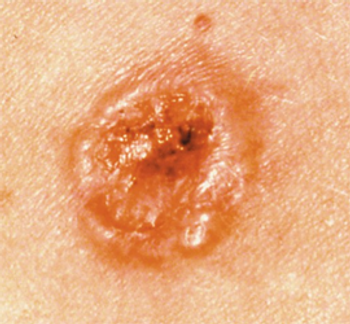
Compared with nivolumab alone, nivolumab/relatlimab did not improve RFS in patients with resected stage III to IV melanoma.
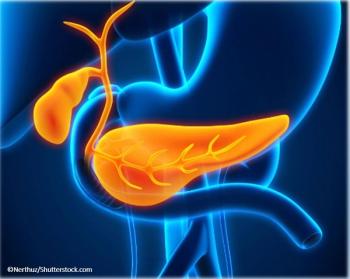
A combination of BCG and mitomycin offers a comparable treatment option to BCG monotherapy for NMIBC, potentially lessening the impact of global BCG shortages.

Daratumumab plus KRd improved MRD negativity and PFS vs KRd alone in patients with newly diagnosed multiple myeloma.

Results from the phase 3 ARANOTE trial demonstrated a statistically meaningful improvement to rPFS with darolutamide vs placebo.

The addition of CAN-2409 to a prodrug and radiation therapy in intermediate-to-high-risk prostate cancer significantly improved cancer-specific outcomes.
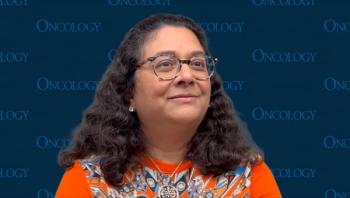
Future findings from a translational analysis of the OVATION-2 trial may corroborate prior clinical data with IMNN-001 in advanced ovarian cancer.

Results from the PERSEUS trial support daratumumab plus bortezomib, lenalidomide, and dexamethasone as a standard of care in transplant-eligible NDMM.
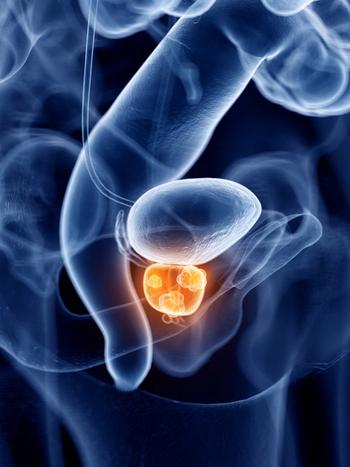
Niraparib plus abiraterone acetate and prednisone significantly reduced the risk of symptomatic progression in patients with BRCA-mutated metastatic castration-sensitive prostate cancer.

The FDA assigned a Prescription Drug User Fee Act date of November 30, 2025, for ziftomenib in NPM1-mutant acute myeloid leukemia.

Results from CheckMate-816 could be practice-changing after an OS improvement was noted with NAT nivolumab plus chemotherapy in resectable NSCLC.

Benmelstobart-based regimens provide clinically meaningful PFS benefits as consolidation therapy for unresectable stage III non–small cell lung cancer.
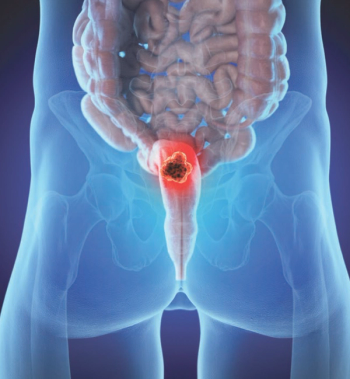
Results from the ShorTrip trial found that SCRT plus chemotherapy regimens showed promising efficacy for patients with locally advanced rectal cancer.

Efficacy and biomarker analyses from CheckMate-77T support perioperative nivolumab as an effective option in resectable NSCLC.

An efficacy advantage with osimertinib-containing regimens was consistent across predefined patient subgroups in those with EGFR-mutant NSCLC.
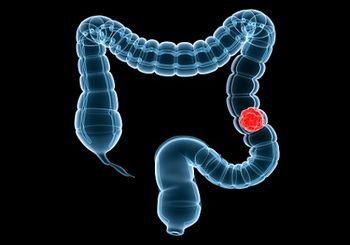
Data suggest that anti-inflammatory diets and regular physical activity are associated with improved overall survival in patients with stage III resected colon cancer.